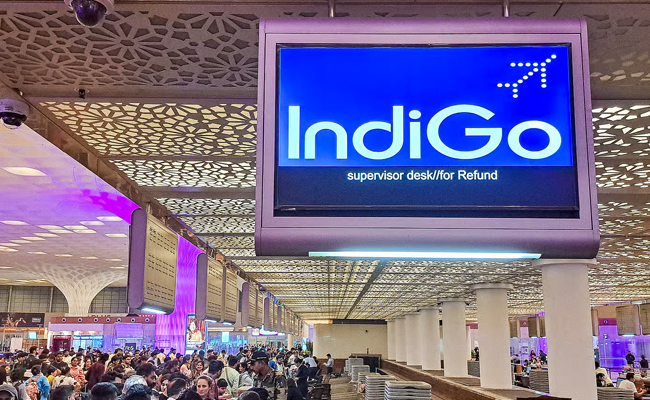Ahmedabad, July 1: The Entrepreneurship Development Institute of India (EDII), in a first, has signed an MoU with the Dalit Indian Chamber of Commerce and Industries (DICCI) to help develop entrepreneurial skills among youth from the Scheduled Castes and Scheduled Tribes.
The MoU was signed on the sidelines of the EDII's nineteenth convocation function on Saturday at the institute's campus in Bhat village on the outskirts of Ahmedabad.
According to EDII officials, the MoU not only aims at evolving an entrepreneurial culture among the Dalit youth but also incubating them to launch and sustain their own ventures.
The EDII itself runs an entrepreneurial incubation centre on its campus since 2016 and has incubated 24 enterprises and helped find seed funding for 11 start-up ventures raising Rs 2.23 crore and 124 jobs.
DICCI founder-Chairman Milind Kamle, who is member of the EDII's governing council, presided over the convocation function.
Even as this MoU was signed, Prof Anil Gupta, founder of Honeybee network of rural innovations and entrepreneurs, spoke of the requirement of socially inclusive business models in the country.
Delivering the convocation address, he said there was need for social inclusion through "cross-subsidisation, innovative business models and public policy institutions".
Referring to Dalits and other disadvantaged sections of the society, he said there was a new restiveness among them and they were not willing to remain neglected or lag behind any more.
"While socio-economic transition takes place, a lot of values come into conflict, some for good, but some for bad. Social inclusion is one such issue which is receiving heightened attention from many entrepreneurs," said Gupta, who is also the chairman of National Innovation Foundation.
As many as 87 students were awarded post-graduate diplomas at the convocation function.
Let the Truth be known. If you read VB and like VB, please be a VB Supporter and Help us deliver the Truth to one and all.
Bengaluru (PTI): The Karnataka government has issued directions to municipal corporations across the state to regulate and prohibit feeding pigeons in public places, citing serious public health concerns.
Deputy Secretary to Government V Lakshmikanth has written to the Urban Development Department requesting it to issue directions to the Greater Bengaluru Authority (GBA) and all municipal corporations to take immediate steps to implement the measures.
In an official note dated December 16 issued by the Health and Family Welfare Department and released to the media on Wednesday, the department said uncontrolled feeding of pigeons in public places has resulted in large congregations of birds, excessive droppings and serious health concerns, particularly respiratory illnesses linked to prolonged exposure to pigeon droppings and feathers such as hypersensitivity pneumonitis and other lung diseases.
ALSO READ: Chinese GPS tracker found on seagull near Karwar Coast
"The commissioner, the Greater Bengaluru Authority and the Commissioners and chief officers of other municipal corporations shall take necessary action to mitigate the causes of dangerous disease spread by pigeon and enforce specified guidelines in their respective jurisdiction," the note said.
According to the department, these include a prohibition on feeding pigeons or causing pigeons to be fed in areas where it may cause nuisance or pose a health hazard to the public. Pigeon feeding shall be permitted only in designated areas in a controlled manner, subject to certain conditions.
"The designated areas may be selected in consultation with stakeholders. The responsibility for upkeep of the designated areas and compliance to the directions shall be taken up by some charitable organisation or an NGO. The feeding in designated areas shall be permitted only for some limited hours in the day," it said.
The note further stated that authorised officers of local authorities shall issue on-the-spot warnings and may impose fines for violation of the order, or lodge complaints to prosecute offenders under Sections 271 (Negligent act likely to spread infection of disease dangerous to life) and 272 (Malignant act likely to spread infection of disease dangerous to life) of the Bharatiya Nyaya Sanhita.
It also directed local authorities to conduct public awareness campaigns, including the display of signboards, banners and digital messages, explaining the health hazards associated with pigeon droppings and feathers, the content of the regulatory directions and penalties for violations, and alternative humane methods of bird conservation that do not endanger public health.





